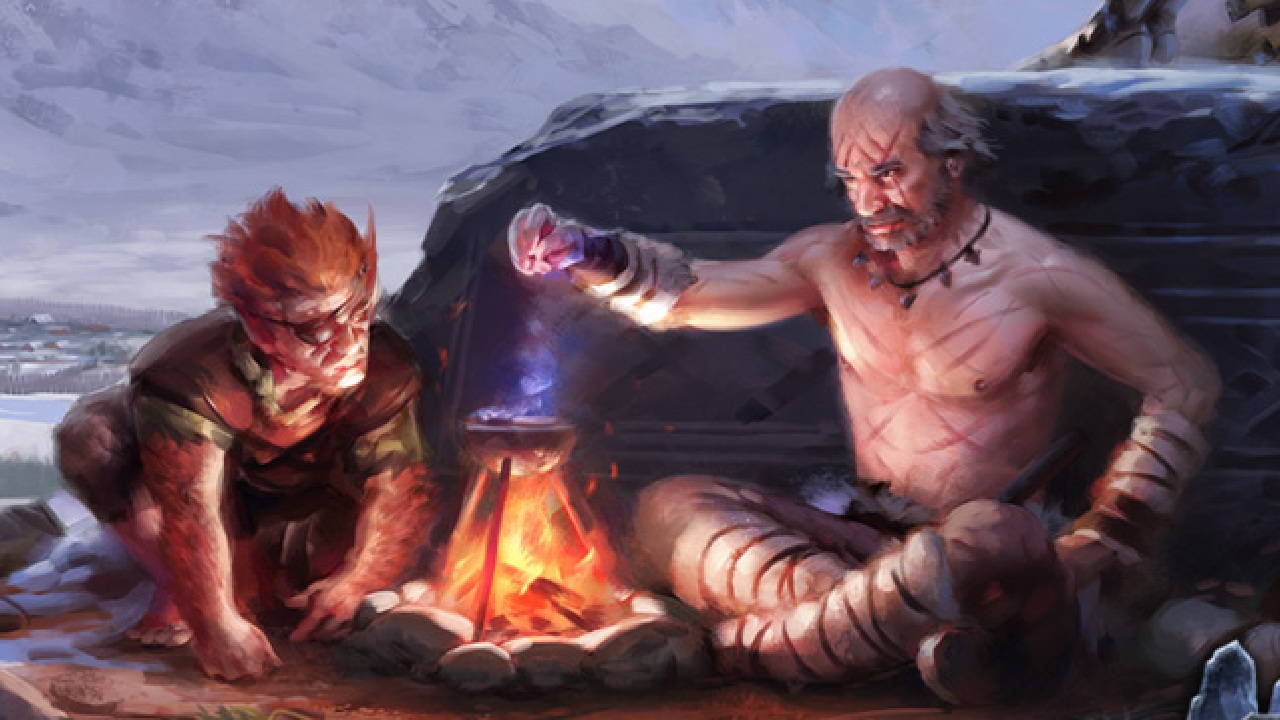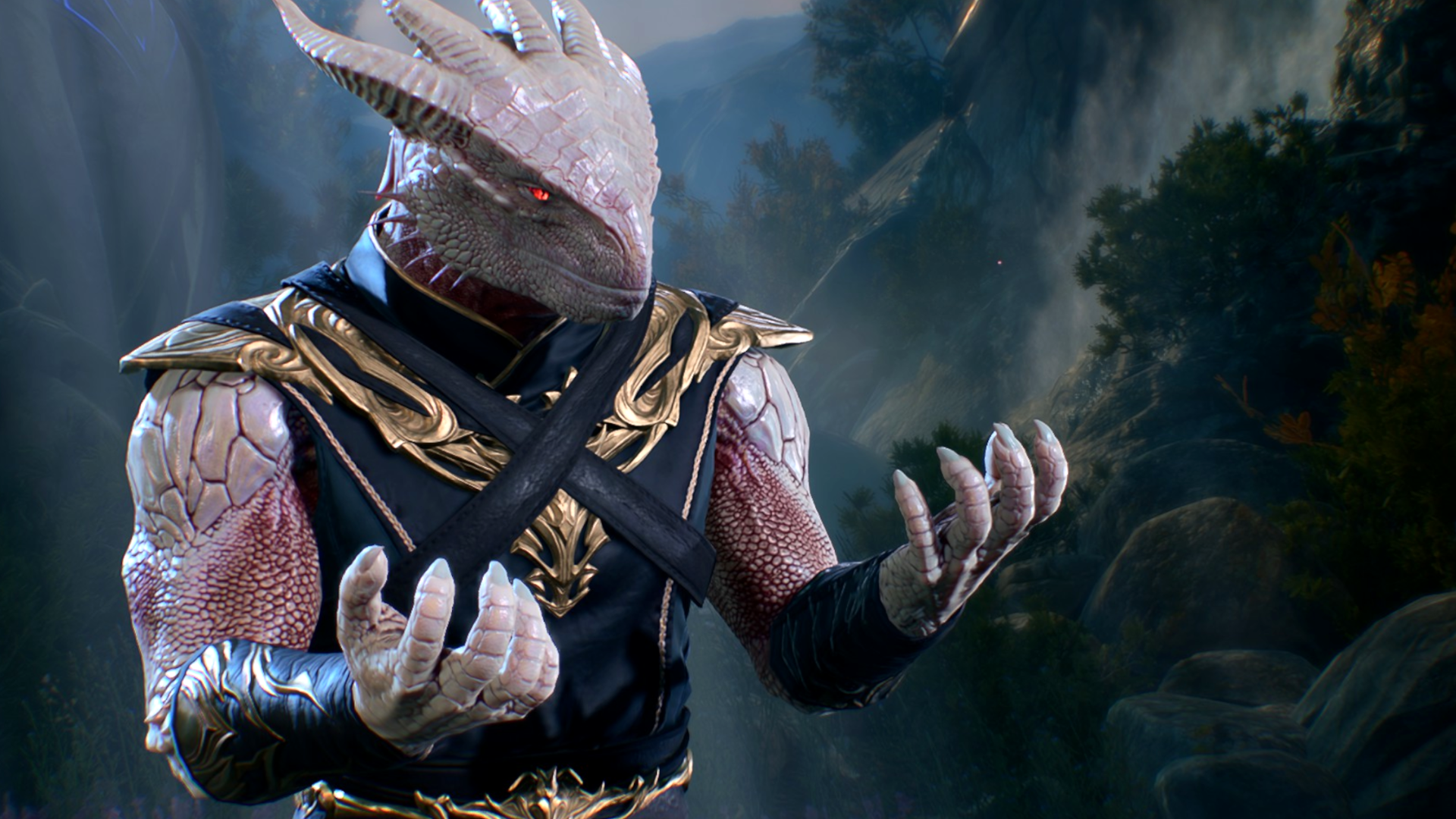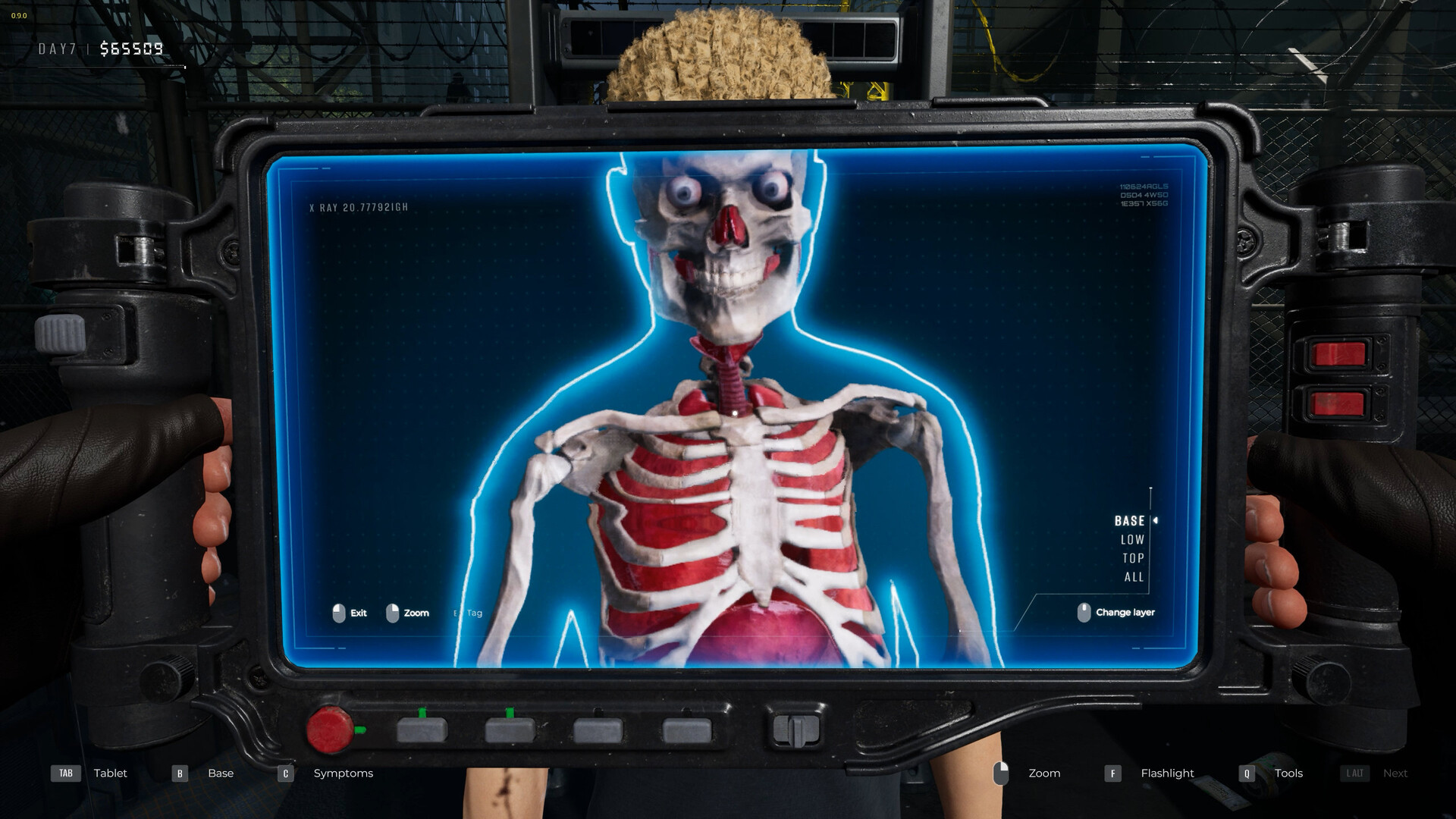10 years ago, Obsidian made the only D&D-style Monk I've ever really loved—all it took was grounding him in harsh asceticism, mortification of the flesh, Aztec history, and stoner comedies
Monks are often really lame in RPGs, but Zahua is not.

I recently got in touch with former Obsidian writer Eric Fenstermaker to learn everything I could about one of my favorite bits of dialogue in RPG history from Pillars of Eternity's first expansion, The White March Part 1. But this also entailed learning a lot more about Zahua, the character who delivered the line, and it struck me once again how rare he is: A CRPG monk who's actually really well written.
There's usually something so plasticky and Epcot about the monk fantasy in many RPGs, the barest bones of a Shaolin/Wuxia mythos chucked into the generalized fantasy slurry of (usually) The Forgotten Realms or some other cadet branch D&D world—maybe throw in some elements of western monasticism to really confuse things. But Pillars of Eternity monks, especially Zahua, with their mortification of the flesh, hardcore asceticism, and philosophical depth, really did something for me.
According to Fenstermaker, Zahua had his origins in a cut character concept for the base game, a monk named Forton who appeared in promotional art for the Pillars of Eternity Kickstarter. Fenstermaker took ownership of Zahua, but credits some of the character's charming weirdness to the steps project lead Josh Sawyer took to differentiate Pillars' monks from the RPG standard of transplanted Shaolin martial artists—a move that rhymes with the team's approach to fantasy races in Pillars of Eternity.
"Josh is also a medieval history buff, and he brought in more aspects of Western asceticism," Fenstermaker said. "In particular, mortification of the flesh—the idea of inflicting suffering upon oneself for spiritual gain. So our monks became stronger the more they were struck in combat. That became in and of itself a great underpinning for a character that provided me with a lot of inspiration.
"What Josh started me with on Forton was, I believe: he was old, he was covered in scars, and I could be misremembering, but I think Josh also had it in there from the beginning that he used drugs."
In order to find the right fit for the character concept and explore more of Pillars' setting of Eora through the narrow keyhole of the games, Fenstermaker had Zahua originate from the region of Ixamil, a distant locale in Eora. "But Ixamitl didn't even really exist on paper other than on a map," Fenstermaker said, "So I had to create Zahua's people and culture—the Tacan—on the fly as part of his design."
That ties into one of my favorite parts of Zahua's character: How the backstory of the Tacan's rivalry with another culture, the Quechmatl, evokes, but doesn't 1:1 map onto the history of the Aztec Empire. This also provided a historical analogue to actual warriors who used mind-altering substances.
Keep up to date with the most important stories and the best deals, as picked by the PC Gamer team.
Monk Mode
"The Nalpazca warrior-monks ended up being the marriage of three separate things," said Fenstermaker. "The 'traditional' RPG monk, which is really a way of incorporating martial arts characters and tropes into a fantasy campaign, indigenous Mesoamerican tribal cultures, and the rejection of the material world that we see in certain religions like Jainism, Buddhism, and Gnosticism, especially when taken to an extreme.
"I remember especially learning about sadhus, some of whom put themselves under immense physical stress in order to pursue their aim of detachment from the material world."
Fenstermaker was slightly self-effacing about Zahua's preference for speaking in the third person, the quirky sidekick special and something the writer quipped "is done by some designer at least once per RPG." But he argued there was something much deeper going on with Zahua's speech patterns than pure quirk.

2025 games: Upcoming releases
Best PC games: All-time favorites
Free PC games: Freebie fest
Best FPS games: Finest gunplay
Best RPGs: Grand adventures
Best co-op games: Better together
"The idea came from The Last of the Mohicans, where the character Magua was given to doing the same," Fenstermaker said. "I wanted to give the impression of someone who was desperately trying to take control of his own story by being his own narrator, whereas his reality was that the world was changing around him, and his tragedies were permanent, and there would be no return to glory. And that was exactly what it was for Magua. So even though Zahua's a much better soul, there's a kind of spiritual kinship there."
Fenstermaker also credited veteran actor Jamieson Price for how well Zahua came together, calling Price's performance "beautiful, nuanced, and emotional" with "pitch-perfect" comedic delivery. I have to agree: Even having not played The White March for five years, I can still hear Price's delivery in my head: A somber, rumbling baritone that made the monk's more off-kilter moments catch me off-guard in the best way.
Speaking of off-kilter, Fenstermaker cited one final inspiration that completed Zahua, the splash of humor to balance out all the pathos and philosophy: Stoner comedies. "They have their own set of ridiculous rules and tropes and they're all basically governed by what makes sense to people when they are out of their mind, giggly, and often, quite hungry," said Fenstermaker. "I took from those films Zahua's extreme casualness and deep knowledge of seemingly every illicit substance.
"He also talks a bit like a stoner, and you're never sure how lucid he is. I might've overdone it a bit. If I were to go back and edit it now, I'd probably dial back some of the stoner diction a hair, just to keep it a little more consistently grounded. But I had fun."
Ted has been thinking about PC games and bothering anyone who would listen with his thoughts on them ever since he booted up his sister's copy of Neverwinter Nights on the family computer. He is obsessed with all things CRPG and CRPG-adjacent, but has also covered esports, modding, and rare game collecting. When he's not playing or writing about games, you can find Ted lifting weights on his back porch. You can follow Ted on Bluesky.
You must confirm your public display name before commenting
Please logout and then login again, you will then be prompted to enter your display name.


